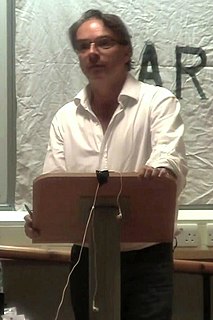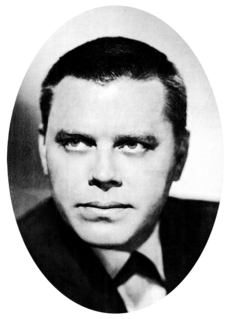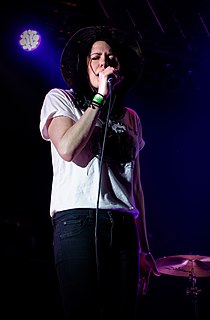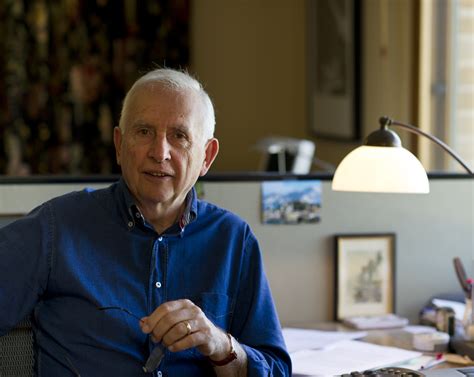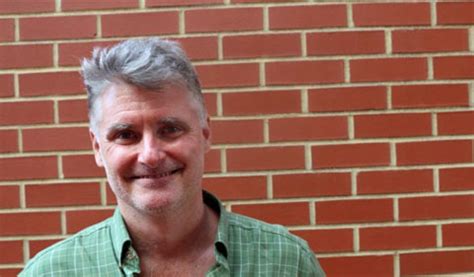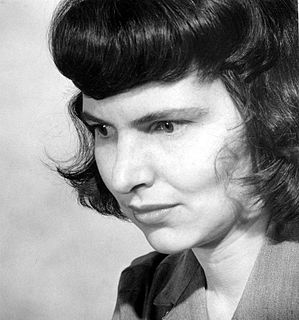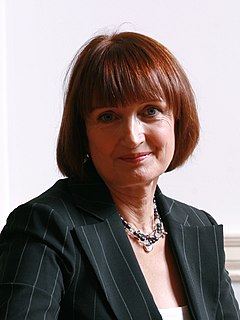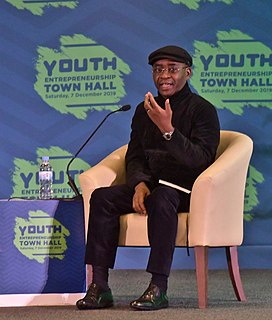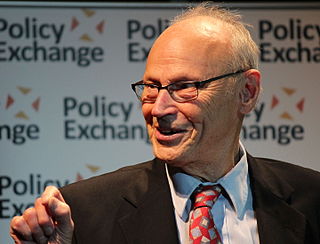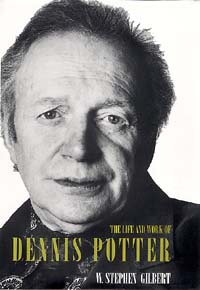Top 1200 Reading And Literacy Quotes & Sayings
Explore popular Reading And Literacy quotes.
Last updated on April 14, 2025.
The link between literacy and revolutions is a well-known historical phenomenon. The three great revolutions of modern European history -- the English, the French and the Russian -- all took place in societies where the rate of literacy was approaching 50 per cent. Literacy had a profound effect on the peasant mind and community. It promotes abstract thought and enables the peasant to master new skills and technologies, Which in turn helps him to accept the concept of progress that fuels change in the modern world.
Literacy is part of everyday social practice - it mediates all aspects of everyday life. Literacy is always part of something else - we are always doing something with it. Its what we choose to do with it that is important. There are a range of contemporary literacies available to us - while print literacy was the first mass media, it is now one of the mass media.
Heaven, Kiwi thought, would be the reading room of a great library. But it would be private. Cozy. You wouldn't have to worry about some squeaky-shoed librarian turning the lights off on you or gauging your literacy by reading the names on your book spines, and there wouldn't be a single other patron. The whole place would hum with a library's peace, filtering softly over you like white bars of light.
Some people have argued that listening to a work of literature does not really promote literacy in the same way that reading does. Having tried this for several months, however, I can report from the trenches that, for me, immersive listening is as intellectually challenging, stimulating, and rewarding as immersive reading.
It is my vision that we all will dedicate the next decade to achieve universal literacy and education for all children, especially for girls. More than 145 million of the world's children are deprived of education due to poverty, exploitation, slavery, gender discrimination, religious extremism, and corrupt governments. May Three Cups of Tea be a catalyst to bring the gift of literacy to each of those children who deserves a chance to go to school.
Computer literacy is a contact with the activity of computing deep enough to
make the computational equivalent of reading and writing fluent and enjoyable.
As in all the arts, a romance with the material must be well under way. If
we value the lifelong learning of arts and letters as a springboard for
personal and societal growth, should any less effort be spent to make computing
a part of our lives?
We should think about what we mean by literacy. If you say, "He's a very literate person," what you really mean is that he knows a lot, thinks a lot, has a certain frame of mind that comes through reading and knowing about various subjects.The major route open to literacy has been through reading and writing text. But we're seeing new media offer richer ways to explore knowledge and communicate, through sound and pictures.
Literacy is a bridge from misery to hope. It is a tool for daily life in modern society. It is a bulwark against poverty, and a building block of development... For everyone, everywhere, literacy is, along with education in general, a basic human right.... Literacy is, finally, the road to human progress and the means through which every man, woman and child can realize his or her full potential.
I grew up in this household where reading was the most noble thing you could do. When I was a teenager, we would have family dinners where we all sat there reading. It wasn't because we didn't like each other. We just liked reading. The person who made my reading list until my late teen years was my mom.
At the 1894 ALA conference it was fairly well agreed that the primary goal of the public library must be to teach good citizenship. Libraries recognized that such "Americanization" could be achieved through literacy. Thus, teaching immigrants to read was not just a benefit in and of itself; literacy would also serve the interests of democracy.
There?s a clear and strong connection between fertility reduction and women?s literacy and empowerment, including women?s gainful employment. If you look at the more than 300 districts of India, the strongest influences in explaining fertility variations are women?s literacy and gainful economic employment.
If you look at literacy tests in the South, for example, they were absurdly difficult and didn't measure literacy. They were simply measuring whether or not you were black. So at every moment when we've said, hey, we don't want certain people to vote because they are not educated enough, it is often simply become a way of excluding black and brown people.
My personal view is that reading has to be balanced. Obviously, there's a certain amount of reading that we have to do academically to continue to learn and to grow, but it's got to be balanced with fun and with elective reading. Whether that's comic books or Jane Austen, if it makes you excited about reading, that's what matters.
During the Jim Crow era, poll taxes and literacy tests kept the African-Americans from polls. But today, felon disenfranchisement laws accomplished what poll taxes and literacy tests ultimately could not, because those laws were struck down. But felony disenfranchisement laws had been allowed to stand.
In Selma, Alabama, in 1965, only 2.1 percent of blacks of voting age were registered to vote. The only place you could attempt to register was to go down to the courthouse. You had to pass a so-called literacy test. And they would tell people over and over again that they didn't or couldn't pass the literacy test.
The major accomplishment of analyzing illiteracy so far has been the listing of symptoms: the decrease in functional literacy; a general degradation of writing skills and reading comprehension; an alarming increase of packaged language (cliches used in speeches, canned messages); and a general tendency to substitute visual media (especially television and video) for written language.
Financial literacy is not an end in itself, but a step-by-step process. It begins in childhood and continues throughout a person's life all the way to retirement. Instilling the financial-literacy message in children is especially important, because they will carry it for the rest of their lives. The results of the survey are very encouraging, and we want to do our part to make sure all children develop and strengthen their financial-literacy skills.
As work in neurosciences indicates, the acquisition of literacy necessitated a new circuit in our species' brain more than 6,000 years ago. That circuit evolved from a very simple mechanism for decoding basic information, like the number of goats in one's herd, to the present, highly elaborated reading brain.
